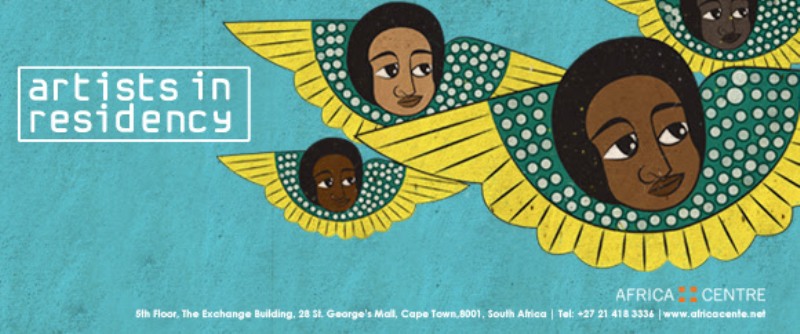By Bethsheba Achitsa
Published November 17, 2011
The Creative Economy Report of 2008 by the United Nations Conference on Trade and Development (UNCTAD) and the United Nations Development Programme (UNDP) indicates that Africa’s contribution to world trade in cultural goods and services is less than 1% of such trade; what impact, then, does the creative sector currently have in Africa’s economic growth? This is a question that the African Creative conference scheduled for December 4-6, 2011 in Kenya’s capital, Nairobi, seeks to address.
Bringing together creative practitioners and stakeholders in the arts sector, the conference is expected to assess and share some of the research done to date on the African creative economy in order to inform strategies of advocacy in the support of the African creative sector. Participants shall also examine the available research and the relationship between the African creative economy and development, cultural diversity and other contemporary cultural themes.
Among the areas to be explored include the creative economy and Africa, a session that will look at the recent history of the creative industries, the major global players, the economic impact of the creative industries in various regions in terms of job creation, foreign exchange earnings and the extent to which the global economic meltdown has affected the creative sectors.
Time and again artists on the African continent have often mourned the lack of political vision and will to support the arts and creative industries in their countries. National governments in Africa do not recognise the value of art and cultural industry to the economy yet the European Union-Africa, Asia, Pacific (ACP) Symposium on “Culture as a Vector of Development” and the African Union’s Plan of Action on Cultural Industries as views the same as potentially key drivers of development.
RELATED: Gallery Brings Together Collectors and Collections
What, then, are the relationships between the economy and development, between democracy and development, between culture and development and between development and human rights on the African continent? Are there lessons for Africa to be learned from the global creative economy and from the declining support for the creative industries in the global North?
With the working environment for many cultural and creative practitioners proving difficult, this ARTerial Network-organised meeting is in no doubt timely for the creative industries. Will it provide a solution to the many disgruntled and frustrated practitioners or will it, like many other conferences before it, remain a talk show with no tangible results to show at the end?




